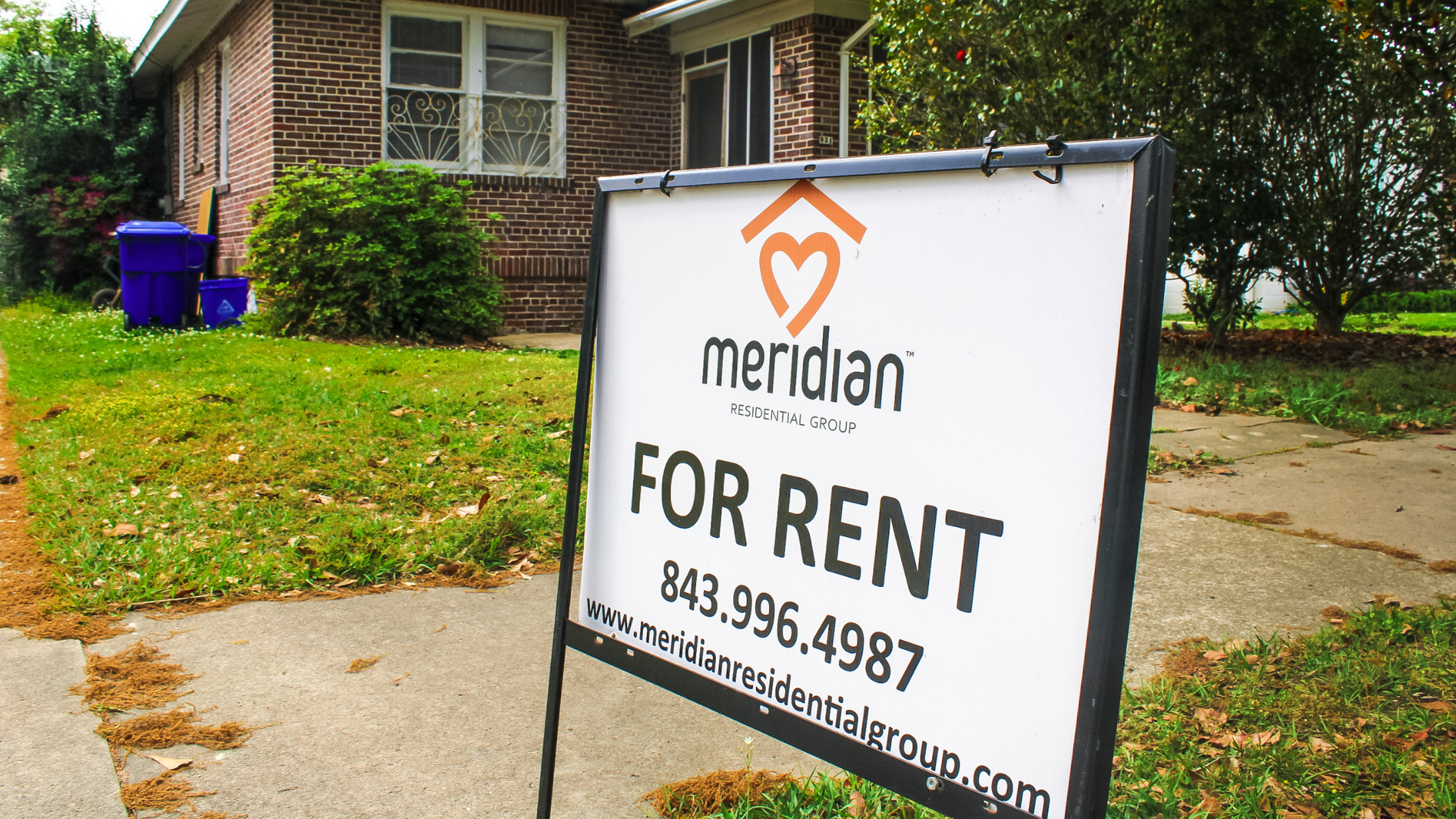The Meridian Blog
The Expertise and Benefits of Property Management Professionals

Property management is a multifaceted and demanding industry, requiring a mix of skills, knowledge, and legal expertise to ensure that rental properties are well-maintained and profitable. Whether you’re a first-time property owner or a seasoned investor, hiring a property management professional can help you navigate the complexities of managing a property, offering peace of mind and maximizing the value of your investment. In this article, we’ll explore the many advantages of working with property management professionals, including their expertise, documentation, and how they streamline the entire process.
1. Comprehensive Expertise in Property Management
Property management professionals bring a wealth of knowledge and experience to the table. These experts are well-versed in the various aspects of property maintenance, tenant relations, legal compliance, and financial management.
- Tenant Screening and Leasing: One of the most essential tasks for property managers is selecting reliable tenants. They use a combination of background checks, credit assessments, and reference verifications to ensure that the tenants they place are financially stable and responsible. This thorough vetting process helps reduce the risk of late payments, property damage, or eviction issues down the line.
- Rent Collection and Financial Management: Property managers take care of the financial side of your property, from setting competitive rent prices to collecting payments and handling security deposits. They ensure that rents are collected on time, and that all financial transactions are properly recorded. This level of financial oversight also helps property owners avoid issues with taxes and accounting.
- Property Maintenance and Repairs: Maintaining a property in good condition is crucial to retaining tenants and protecting its long-term value. Property management professionals coordinate routine maintenance, emergency repairs, and preventative measures to keep the property running smoothly. They often have established relationships with contractors and vendors, ensuring quick and cost-effective repairs.
2. Legal Compliance and Documentation Expertise
Property managers are familiar with the legal complexities of property ownership. Local, state, and federal laws can vary widely, and property managers are well-versed in the regulations that affect rental properties, including tenant rights, building codes, and fair housing laws.
- Leasing Documents and Agreements: One of the key roles of a property manager is to ensure that all legal documentation is in place, including leases, rental agreements, and eviction notices. These documents need to comply with the laws in the area where the property is located, and property managers are trained to draft and execute these agreements to avoid any potential legal disputes.
- Eviction Processes: In the unfortunate event that a tenant must be evicted, property management professionals have the knowledge and procedures in place to handle it efficiently. They are familiar with local eviction laws and the steps necessary to legally remove a tenant. This ensures that property owners avoid any pitfalls or legal risks associated with improper eviction practices.
- Fair Housing and Anti-Discrimination Laws: Property managers must also be aware of fair housing laws, which prohibit discrimination against tenants based on race, color, religion, sex, national origin, disability, or familial status. Ensuring compliance with these laws is vital for property owners to avoid costly legal action or lawsuits.
3. Handling Rent Increases and Market Analysis
An experienced property manager can help determine the optimal rental rates for your property by analyzing market trends and comparing similar properties in the area. Setting the right price is key to attracting the right tenants while maximizing your return on investment. Property managers also handle rent increases, ensuring that they are legally compliant and in line with market trends.
Regular market analysis allows property managers to adjust rental rates according to fluctuations in the market, which ensures the property remains competitive. Without this expertise, property owners might either price their units too high, resulting in prolonged vacancies, or too low, losing out on potential revenue.
4. Conflict Resolution and Tenant Relations
Handling tenant complaints, disputes, and concerns is an inevitable part of property management. Property managers act as intermediaries between property owners and tenants, helping to resolve conflicts in a fair and efficient manner. They ensure that communication is smooth, and any issues are addressed quickly to avoid escalation.
Property managers are also trained in conflict resolution techniques, ensuring that tenant disputes—whether regarding noise, maintenance, or other issues—are handled in a professional manner. This helps maintain a positive relationship with tenants and fosters long-term tenancy.
5. Time and Stress Management for Property Owners
For property owners with multiple properties or those with limited time, property management services can save valuable hours. Managing a property can become time-consuming, especially when dealing with repairs, tenant issues, and administrative tasks. By outsourcing these responsibilities to a property management company, owners can focus on other ventures or personal matters without sacrificing the quality of their rental properties.
A property management professional offers convenience and helps alleviate the stress associated with managing the day-to-day operations of a rental property. This is especially beneficial for owners who live out of town or have other full-time commitments, as the property manager serves as the primary point of contact for tenants.
6. Long-Term Value Preservation and Investment Growth
Property managers don’t just focus on the day-to-day tasks but also on the long-term value of the property. They implement strategies to increase the property’s value, such as suggesting improvements, renovations, or updates that will attract higher-paying tenants or increase the property’s marketability. They can also monitor local property markets, ensuring that the property’s value stays in line with trends and property appreciation rates.
Additionally, property managers can help maintain a consistent cash flow by reducing vacancy rates. With their expert marketing strategies, they ensure that properties are leased promptly and are kept occupied, maximizing profitability.
7. Documentation and Record Keeping
Property management professionals are responsible for maintaining accurate and up-to-date documentation for every aspect of the property. This includes:
- Tenant Communication: Emails, letters, notices, and any written communication with tenants are all documented for legal and record-keeping purposes.
- Maintenance Records: Routine maintenance and repairs are tracked to ensure that the property remains in optimal condition and that tenants' needs are met promptly.
- Financial Records: All financial transactions, including rent payments, security deposits, repair costs, and property taxes, are meticulously recorded. This not only helps with tax preparation but also offers transparency and accountability.
This thorough documentation ensures that both the property owner and tenants are protected in case of disputes or legal challenges.
Property management professionals are essential partners for property owners who wish to maximize the potential of their investment while minimizing risk and stress. With their in-depth expertise, attention to legal compliance, and skill in managing both tenant and property concerns, they help ensure smooth operations and a profitable rental experience. Whether you are a single property owner or managing multiple units, property management professionals offer the support, knowledge, and documentation necessary to safeguard your investment and create long-term value.







